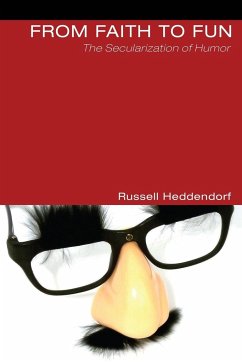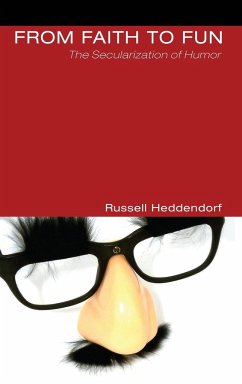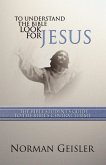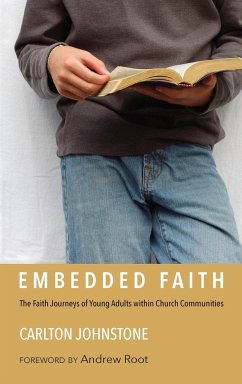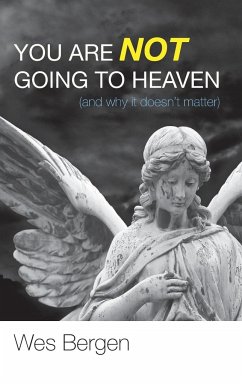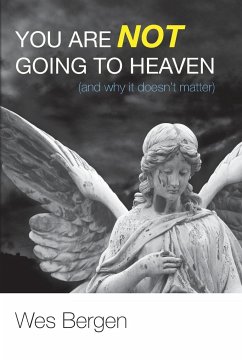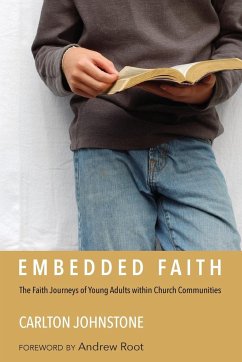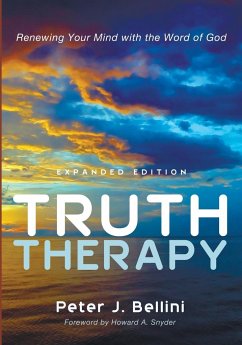Abraham and Sarah were presented with a paradox when God told them they would have a son in their old age. Paradox in the Old Testament plays an important part in the dialogue between God and the Jews. In the New Testament, paradox is prominent in Jesus' teaching and helps to explain the Christian understanding of salvation. Today paradox arises when religious meaning of traditional culture conflicts with secular meaning of modern culture. Heddendorf argues that a subversive quality in humor gradually replaces traditional values with new cultural meanings. The resulting humor becomes a substitute for faith. As this secular humor becomes functional for society, it finds its way into many areas of the culture. This process of secularization in humor moves from faith to fun and, finally, to fun as faith. The result of this secularization could be called a ""fun culture."" Redemption of this culture, Heddendorf asserts, should be a continuing concern of the church.
Hinweis: Dieser Artikel kann nur an eine deutsche Lieferadresse ausgeliefert werden.
Hinweis: Dieser Artikel kann nur an eine deutsche Lieferadresse ausgeliefert werden.

